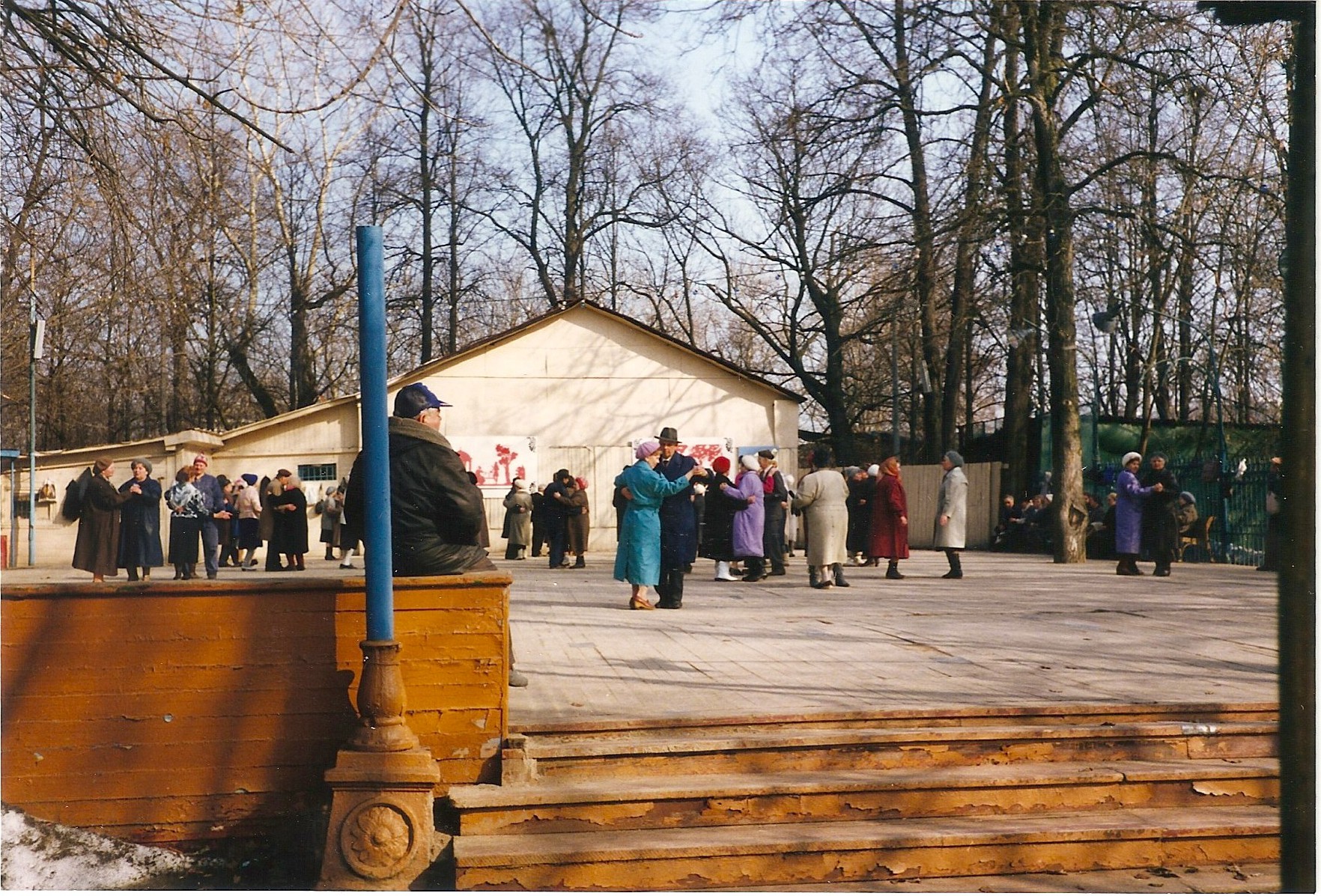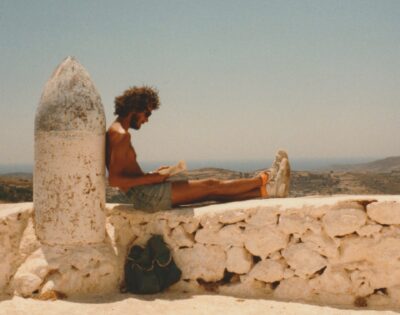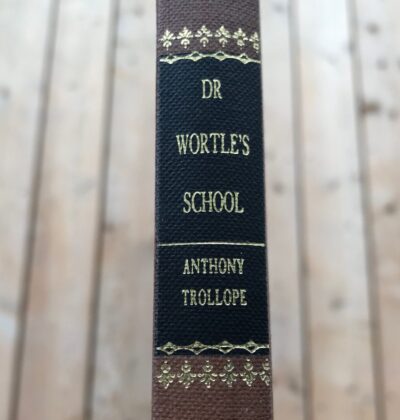How to be happy: a couple of simple tricks can make a big difference. And it’s scientifically proven by the National Academy of Sciences.
Zero expectations
When I entered the Warner West End in London’s Leicester Square, the movie I’d come to see had sold out.
So I chose a random feature which was about to start: Risky Business, starring what now seems an astonishingly young Tom Cruise.
I found it hilarious, cunningly-plotted and elegant. It includes one of the great lines of all time: “Who’s the U-Boat commander?”
Sixteen years later, at the Sony Centre in Berlin, the same thing happened. This time, the not-sold-out-picture I ended up seeing was The Sixth Sense. I found it spooky, shocking and exhilarating.
Two of the films I’ve enjoyed most in my life. I often thought it was because I had zero expectations.
Zero expectations: the science
So I was intrigued to read this fine piece in The Guardian: “Surprise! Mathematical model reveals unexpected findings on happiness.”
It is summarised by this quotation: “We’re happy when we have a rosy view of the future, but we’re also happy that the present exceeds what our expectations were”.
In other words, expecting something good will happen makes us happy. Something unexpectedly good actually happening makes us happy too.
I’ve been thinking a bit about happiness since I lived in Germany, a country of philosophers. I conclude that we can do many things to help make ourselves happier. The first three are well-known and go together, but may be worth repeating.
How to be happy: 11 tools
Move
1. Physical activity. The simple act of movement, ideally walking or running somewhere, cheers us up.
Be sociable
2. Other people. Sure, they can drive you crazy. But on balance, relationships make you happy.
Get into greenery
3. Nature. Being somewhere beautiful cheers most people up – so long as they are aware of it and don’t take it for granted.
So far, so obvious. That’s why walking somewhere with a bunch of friends in beautiful surroundings is one of my favourite activities on earth (links in bold italics are to other posts on this site).
How about a few less obvious mechanisms to cheer us up?
Think relatively
4. Compare yourself… carefully. Relative, not absolute well-being makes us happy. The best-off people in poor societies are happier (and healthier) than the worst-off in rich societies, even if the latter’s cars, TVs and deep-freezes make them wealthier in absolute terms. It’s human nature to compare yourself to others. If you’re the President of the US, you should be confident and happy, right? Nope, you’re probably comparing yourself to Abraham Lincoln or George Washington and thinking you don’t amount to much. For years, when I’m down, I’ve compared myself to a 14th-Century peasant, working 365 days a year, constantly ill, dying young. It cheers me up. Find out what works best for you. It might be comparing yourself to someone else; to yourself, had you made worse decisions; even to yourself when you’re ill. We all feel miserable when we’re ill, right? Why shouldn’t we feel cheerful because we’re healthy?
Cautious expectations
5. Shepherd your expectations. Like the Guardian piece says, be optimistic; but not too much. When I went to see the first Star Wars movie, I had zero expectations, and loved it. When I went to see Star Wars: Episode 1 – The Phantom Menace 22 years later, I had high hopes, which were dashed.
Say “thank-you”
6. Remind yourself what you’ve got. Got a shower? With hot water? Do you enjoy it every morning? Maybe you should. Nearly every human being until the mid-20th century had never experienced the pleasure you take for granted. Got clean sheets? Central heating, or air-conditioning? And so on.
Occupy brain and body
7. Start a hobby. Countless studies show hobbies make you happy. Whether you’re cooking or gardening or blogging, the sense of achievement can give you a boost. If you do it with, or exchange views with, someone else (step forward, the massive world of sport fandom) the effect is multiplied.
Help someone
8. Help someone. OK, it’s corny. But helping people is more likely to make you happy than carrying out pleasurable activities. You can beat yourself up about why this might be – eg that it stokes your self-regard to feel you are in a good enough place to help someone else – but it sounds like a win-win to me.
Respect, respect, respect
9. Treat people with respect. I once met a highly-regarded former World Bank President at a conference in Yalta. He was in his 70s but his wit was razor-sharp and his fame assured. I was astonished by the way he treated all those around him with respect bordering on humility. He fetched a seat to a crowded table so I could sit down. He made everyone around him feel wonderful. Nothing makes people feel better than being treated with respect – or, of course, liked or loved. The more you spread it around, the more those around you will do likewise.
Respect yourself, too
10. Do things which make you feel worthwhile. The single thing which does most to make people feel good about themselves – a key part of happiness – is feeling that their existence has some purpose. Many religions feed on this – you can be “saved” or “go to heaven” by doing good things, or living according to a set of rules. Whitney Houston’s “Greatest Love of All” (tragic, in hindsight) has a similar theme. Many of the ideas in this list are designed to make you feel your existence has purpose, from watching seeds grow into flowers to learning how to dance, to feeding your dog or cat. If some part of your life – your job or relationship or whatever – undermines your feeling of self-worth, try to tackle it – or else focus on parts of your life which give you that self-respect.
All of the above
11. Combine any of the above. Give a talk to a bunch of people. Join a dance class. Stand under a scenic waterfall with some friends. I remember seeing pensioners dancing in a park in Moscow in 1992 in sub-zero temperatures at a time when inflation and chaos had rendered many Russians’ lives grim. I never asked them if they were happy, but they kept coming back week after week.
Pensioners dancing in Dzerzhinsky Park, Moscow, 1992 – Photo Robert Pimm
None of this means we can’t be sad, or depressed, or that these techniques will work all the time. Everyone’s life can be overtaken by sadness or depression and things can go bad – look at Whitney Houston. But thinking a little bit about how to be happy, and maybe using some of the techniques above, can help. Even that 14th-Century peasant probably felt good when the sun shone.
P.S. If you enjoy fresh, original writing, please subscribe to my weekly newsletter (you can unsubscribe anytime you wish). Or if you like my writing, do check out my most recent books.







